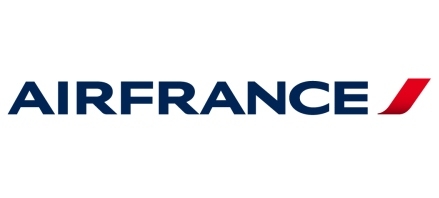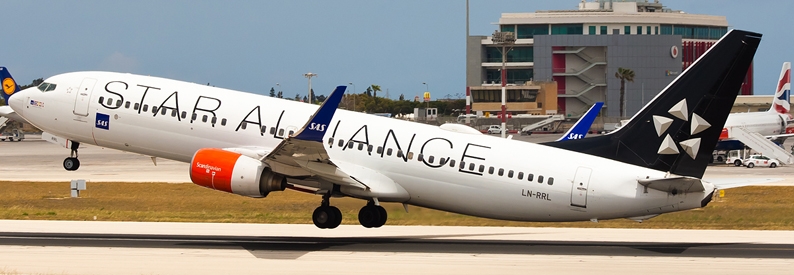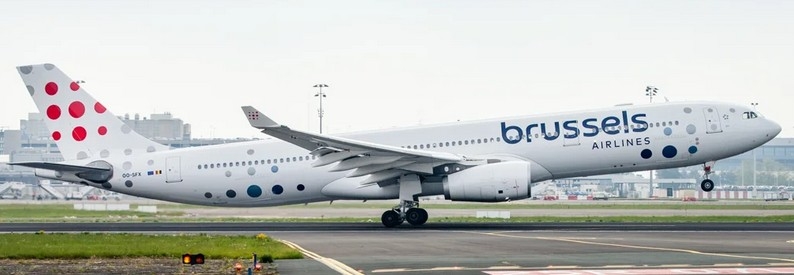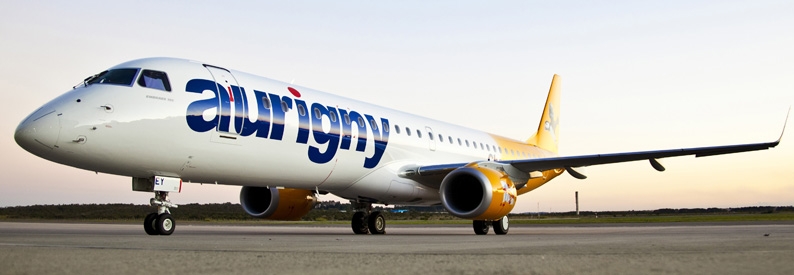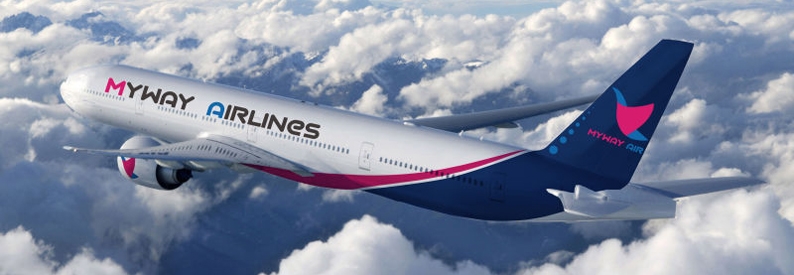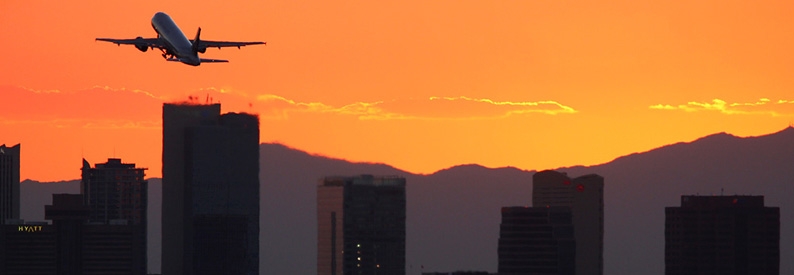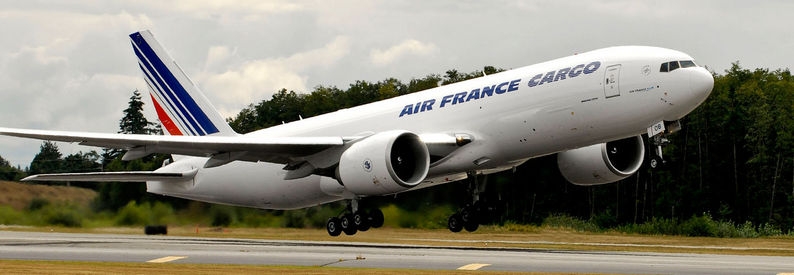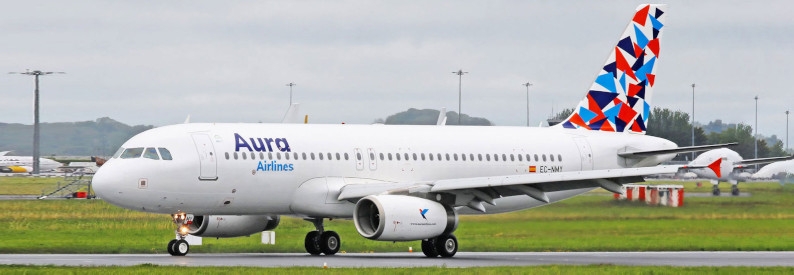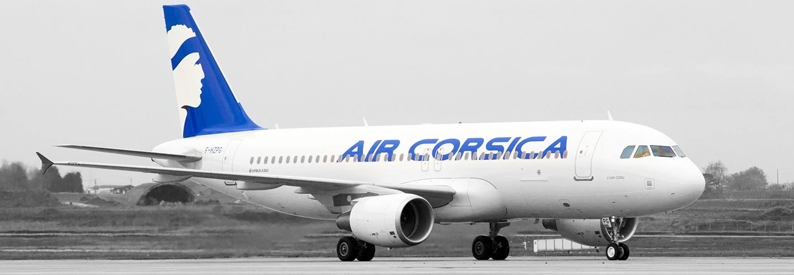Air France-KLM is considering expanding its Transavia France (TO, Paris Orly) unit's fleet beyond its current 40-aircraft limit in order to harness the budget carrier's growing popularity and profitability.
Group Chairman and CEO Jean-Marc Janaillac said in an FY2017 earnings call last week that Transavia (which includes Dutch operator Transavia Airlines (HV, Amsterdam Schiphol)) had posted a strong operating result for the last financial year, buoyed by record passenger numbers of nearly 15 million passengers. This, he said, was due to the unit's lower operating unit-cost base comparable to operators such as Ryanair (FR, Dublin International) and easyJet (London Luton). Given its improving numbers, Janaillac added that the Transavia brand could be used to regain local French market share lost to the likes of the LCCs as well as the TGV highspeed train.
"We are also considering the development of Transavia France beyond 40 aircraft with the ambition to regain our standing in the French provinces," he said.
Such a move would require union agreement, a delicate issue given the two-week strike Air France (AF, Paris CDG) endured in late 2014 when then CEO Alexandre de Junaic attempted to steamroll his Transavia Europe plans through despite strong pilot opposition.
Under the deal reached with the SNPL union in 2014 which brought an end to the strike, management agreed to cap Transavia France's fleet at 40 aircraft and that the LCC would not take over any domestic Paris routes from Air France. According to the ch-aviation fleets module, Transavia France currently operates twenty-three B737-800s with a further six due in this summer season on lease from Canada's Air Transat (TS, Montréal Trudeau).
Other conditions included barring Transavia France from operating out of Paris CDG and that its development must not harm Air France's medium-haul operations at Paris CDG. The range of Transavia France's network from Paris Orly or any French airport is also capped at 2,500 nautical miles (about 4,600km) and it may not operate long-haul routes.
"...we have to pursue our policy of discussion and negotiation with the unions while keeping our strong stance and will to contain our cost, it’s what we are going to keep on doing these next weeks and months," Junaillac added.
